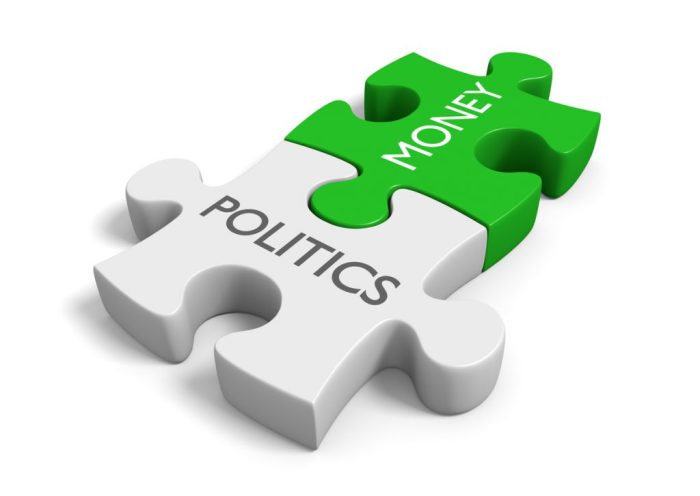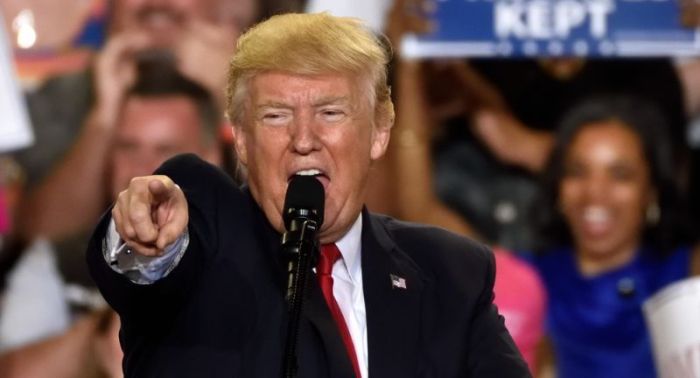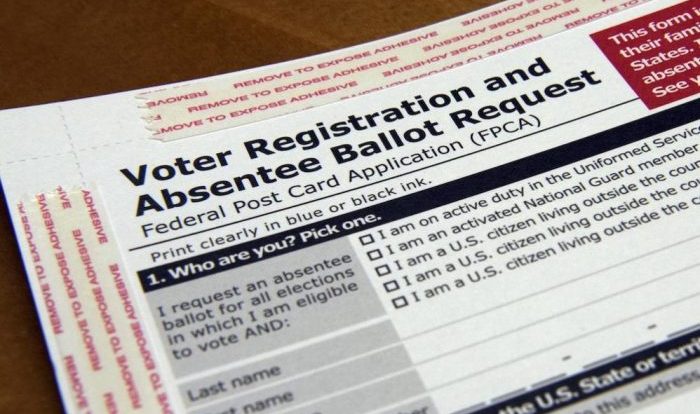Pac money is directed primarily toward – PAC money, an influential force in political campaigns and beyond, is directed primarily toward specific target groups and organizations. This targeted funding plays a significant role in shaping political outcomes, influencing policy agendas, and raising ethical concerns. Understanding the dynamics of PAC money allocation is crucial for comprehending its impact on the political landscape.
PACs strategically distribute their funds to individuals and organizations that align with their political objectives. Demographic and organizational characteristics, such as ideology, industry affiliation, and geographical location, influence PAC funding decisions. By targeting specific groups, PACs aim to maximize their impact on elections and policymaking.
Target Groups

PAC money is primarily directed towards individuals and organizations that have the potential to influence political outcomes. This includes candidates for elected office, political parties, and advocacy groups. The demographics and characteristics of these target groups vary depending on the specific PAC and its goals.
- Candidates for elected office: PACs often contribute to candidates who share their policy positions or who they believe will support their interests once in office.
- Political parties: PACs may also contribute to political parties, which can then use the funds to support their candidates or to promote their platform.
- Advocacy groups: PACs can also contribute to advocacy groups that share their policy goals. These groups can then use the funds to lobby lawmakers or to run campaigns to influence public opinion.
The distribution of PAC contributions across different groups varies depending on the election cycle and the specific issues at stake. However, some general trends can be observed. For example, in the 2020 election cycle, corporate PACs contributed more money to Republican candidates and committees than to Democratic candidates and committees.
Political Influence
PAC money can be used to influence political campaigns and outcomes in a variety of ways. One common strategy is to use PAC money to fund advertising campaigns that support or oppose particular candidates or ballot measures. PACs can also use their money to fund polling and research, which can help them to identify and target key voters.
Additionally, PACs can use their money to provide direct support to candidates, such as by paying for staff or travel expenses.The role of PACs in shaping policy agendas and legislative decisions is more indirect. However, PACs can influence policy by contributing to candidates who share their policy positions or by lobbying lawmakers directly.
Additionally, PACs can use their money to fund research and analysis that can be used to support their policy goals.The ethical concerns surrounding PAC funding stem from the potential for PACs to use their money to influence political outcomes in ways that are not in the public interest.
For example, some critics argue that PACs can use their money to buy access to politicians or to fund negative advertising campaigns that distort the truth. Others argue that PACs can give corporations and other special interests too much influence over the political process.
Campaign Strategies
Candidates and political parties employ a variety of strategies to attract and utilize PAC funding. One common strategy is to develop relationships with PACs that share their policy positions. Candidates and parties may also reach out to PACs that represent specific industries or interest groups that are likely to be interested in supporting their campaigns.Once
a candidate or party has established relationships with PACs, they can begin to solicit contributions. PACs typically have specific criteria that they use to evaluate candidates and parties before making contributions. These criteria may include the candidate’s or party’s policy positions, their chances of winning, and their ability to use the funds effectively.The
impact of PAC money on campaign spending and overall campaign effectiveness is significant. PAC money can provide candidates and parties with the resources they need to run competitive campaigns. This can include funding for advertising, staff, and travel expenses. Additionally, PAC money can help candidates and parties to build name recognition and to reach out to voters.
Financial Impact
PAC money has a significant financial impact on political campaigns and elections. In the 2020 election cycle, PACs contributed over $1 billion to candidates and parties. This money represents a significant portion of the overall campaign spending in many races.The
total amount of PAC contributions received by candidates and parties varies depending on the election cycle and the specific issues at stake. However, some general trends can be observed. For example, corporate PACs tend to contribute more money to Republican candidates and committees than to Democratic candidates and committees.
Additionally, PACs that represent special interests, such as the healthcare industry or the financial industry, tend to contribute more money to candidates and parties that support their interests.The role of PAC money in shaping the overall financial landscape of political campaigns is significant.
PAC money can provide candidates and parties with the resources they need to run competitive campaigns. This can give PACs a significant amount of influence over the political process.
Regulatory Framework, Pac money is directed primarily toward
The legal and regulatory framework governing PAC contributions and activities is complex. The Federal Election Campaign Act (FECA) sets limits on the amount of money that PACs can contribute to candidates and parties. FECA also requires PACs to register with the Federal Election Commission (FEC) and to disclose their donors.The
FEC is responsible for enforcing FECA and other campaign finance laws. The FEC can investigate alleged violations of the law and can impose fines or other penalties on violators.The effectiveness of existing regulations in limiting the influence of PAC money on politics is a matter of debate.
Some argue that the current regulations are too weak and that they allow PACs to have too much influence over the political process. Others argue that the current regulations are sufficient and that they strike a balance between the need to regulate campaign finance and the First Amendment right to free speech.
International Comparisons
The use of PACs and the regulation of PAC funding vary from country to country. In some countries, PACs are not allowed to contribute to political campaigns. In other countries, PACs are allowed to contribute, but they are subject to strict regulations.In
the United States, PACs are allowed to contribute to political campaigns, but they are subject to a number of regulations. These regulations include limits on the amount of money that PACs can contribute to candidates and parties, as well as requirements that PACs register with the FEC and disclose their donors.The
United States has a more permissive approach to PAC funding than many other countries. In most other countries, PACs are either not allowed to contribute to political campaigns or they are subject to strict regulations. For example, in Canada, PACs are not allowed to contribute to political campaigns.
In the United Kingdom, PACs are allowed to contribute to political campaigns, but they are subject to strict limits on the amount of money that they can contribute.The different approaches to PAC funding in different countries reflect the different views that countries have about the role of money in politics.
In the United States, there is a strong belief in the First Amendment right to free speech, which includes the right to contribute to political campaigns. In other countries, there is a greater concern about the potential for PAC money to corrupt the political process.
Top FAQs: Pac Money Is Directed Primarily Toward
Who are the primary recipients of PAC money?
PACs primarily direct their funds toward candidates, political parties, and organizations that align with their political objectives. These recipients may include incumbents, challengers, specific political parties, or advocacy groups.
How does PAC money influence political outcomes?
PAC money can influence political outcomes by providing financial support to candidates, enabling them to run more effective campaigns, conduct outreach, and communicate their message to voters. It can also be used to support specific policies or initiatives, shaping policy agendas and legislative decisions.
What are the ethical concerns surrounding PAC funding?
Ethical concerns surrounding PAC funding center around the potential for undue influence on political decision-making. Critics argue that PACs can give special interests disproportionate power over elected officials, potentially compromising the integrity of the political process and undermining public trust.



